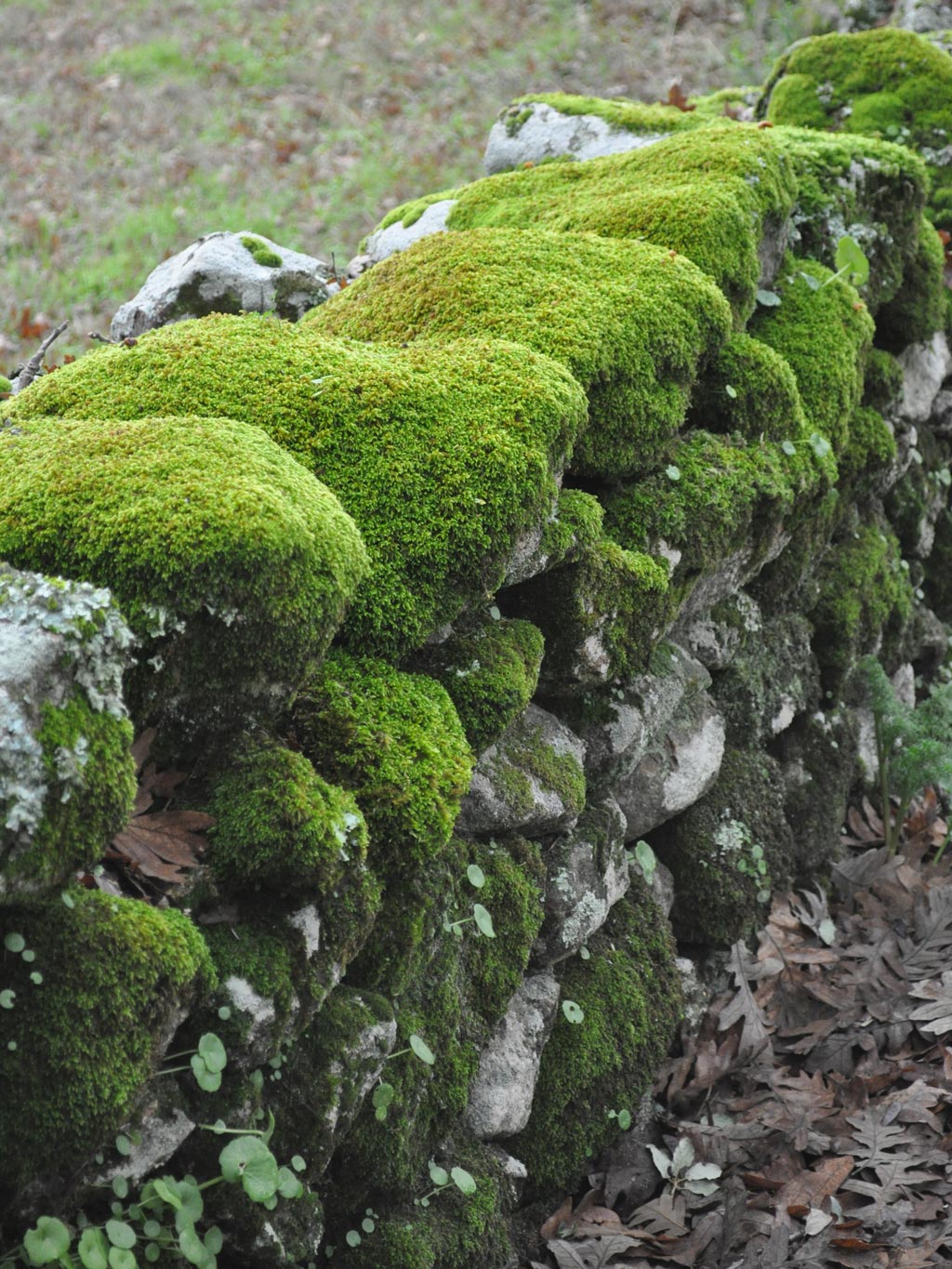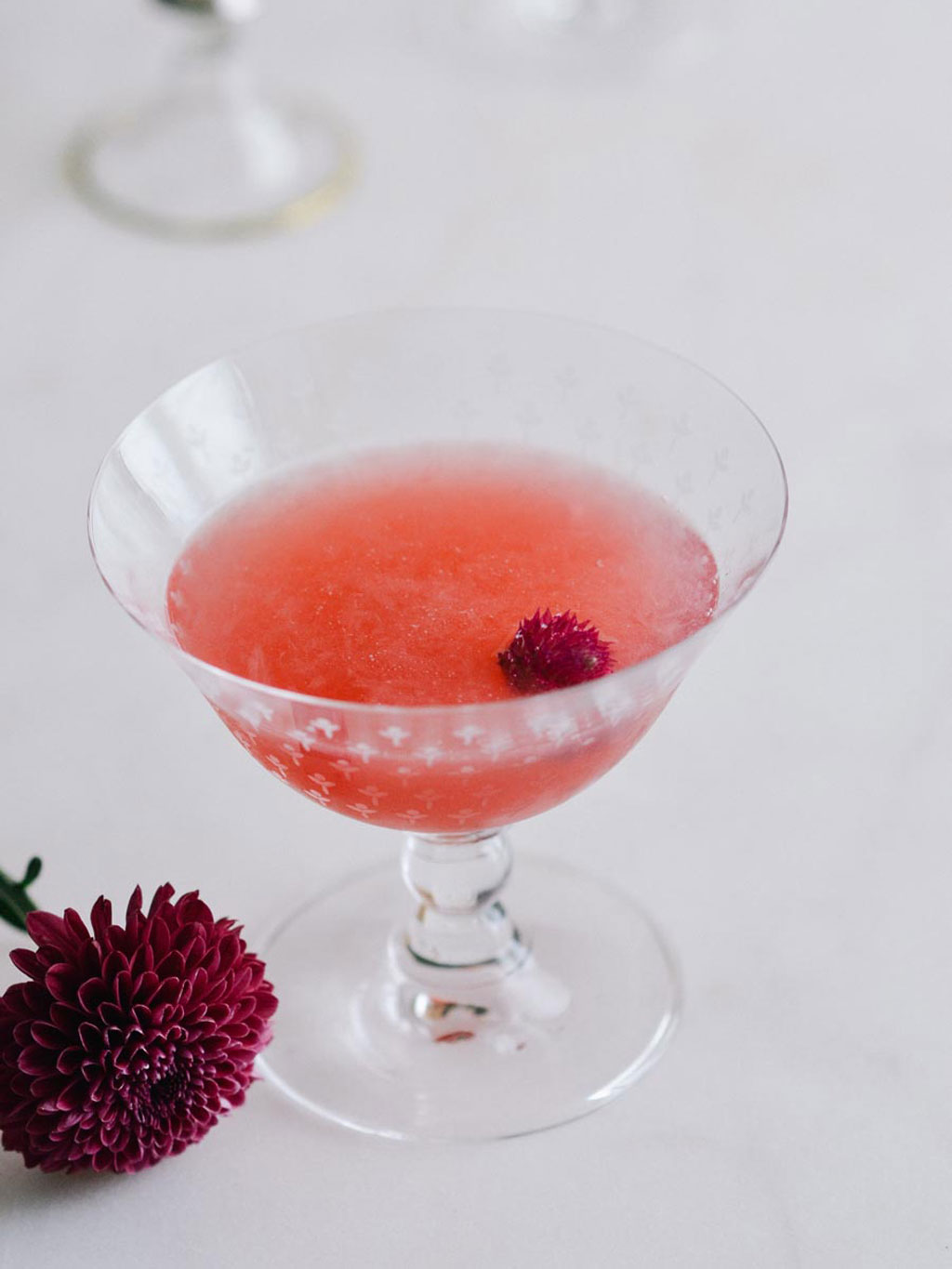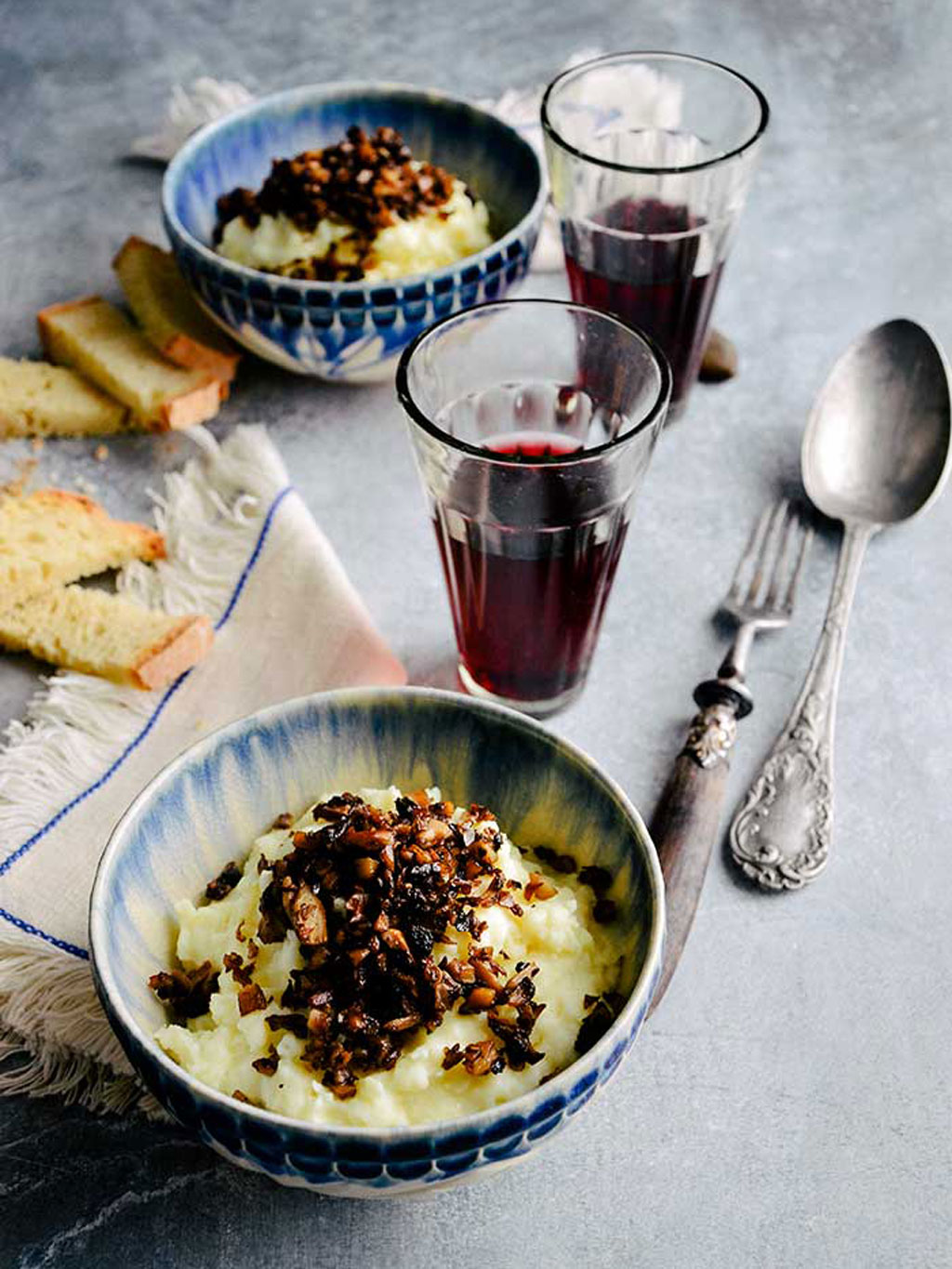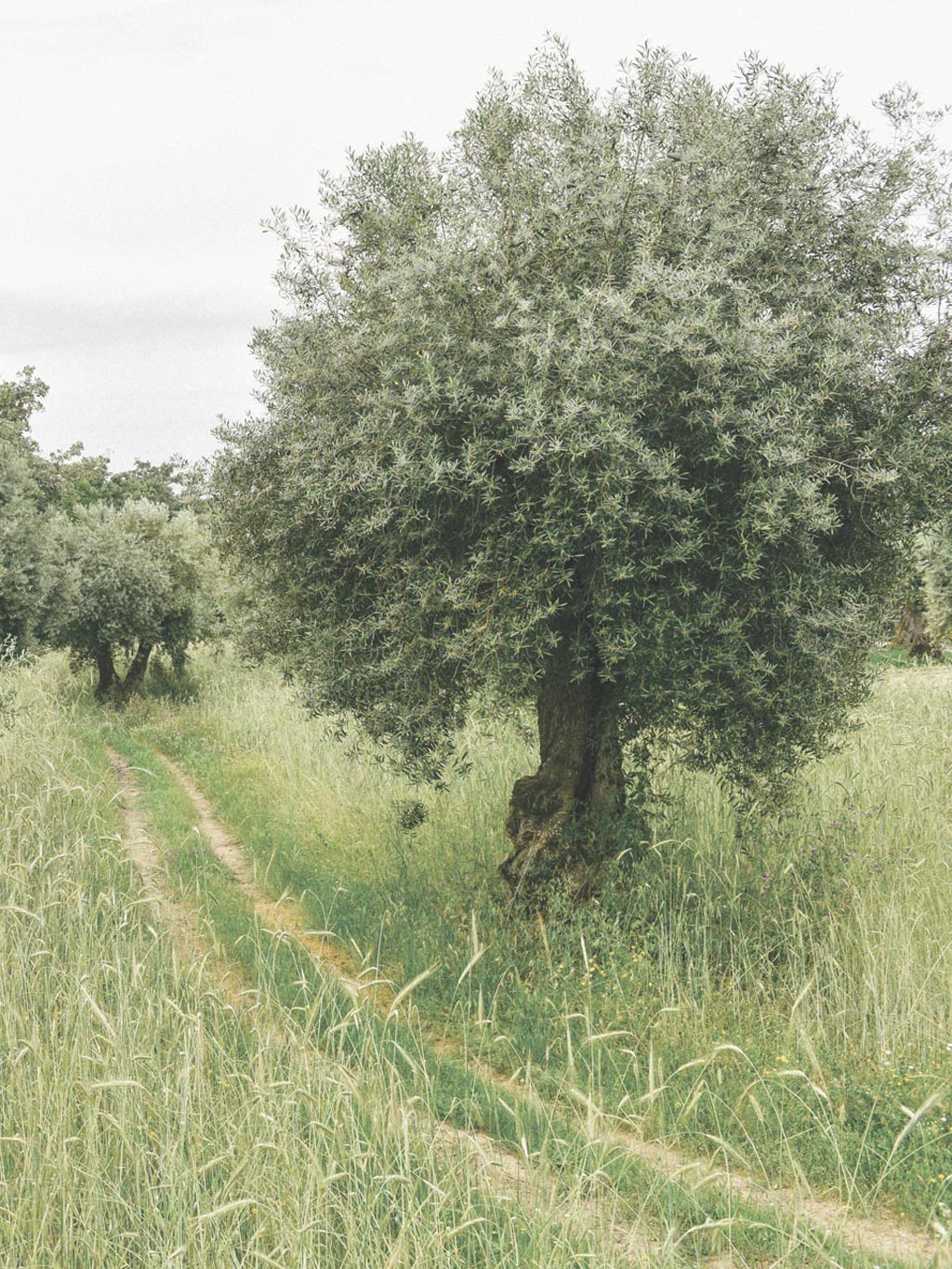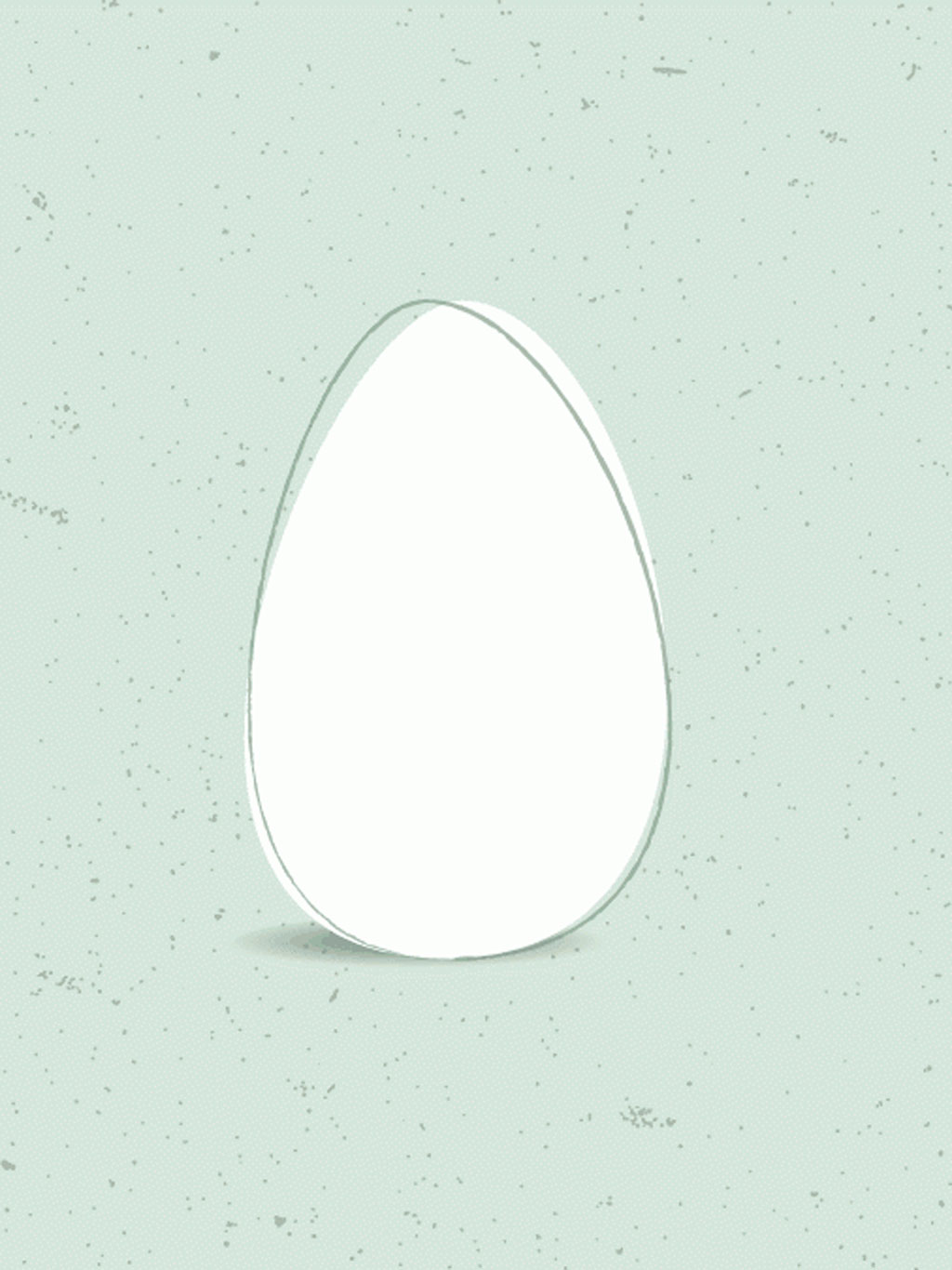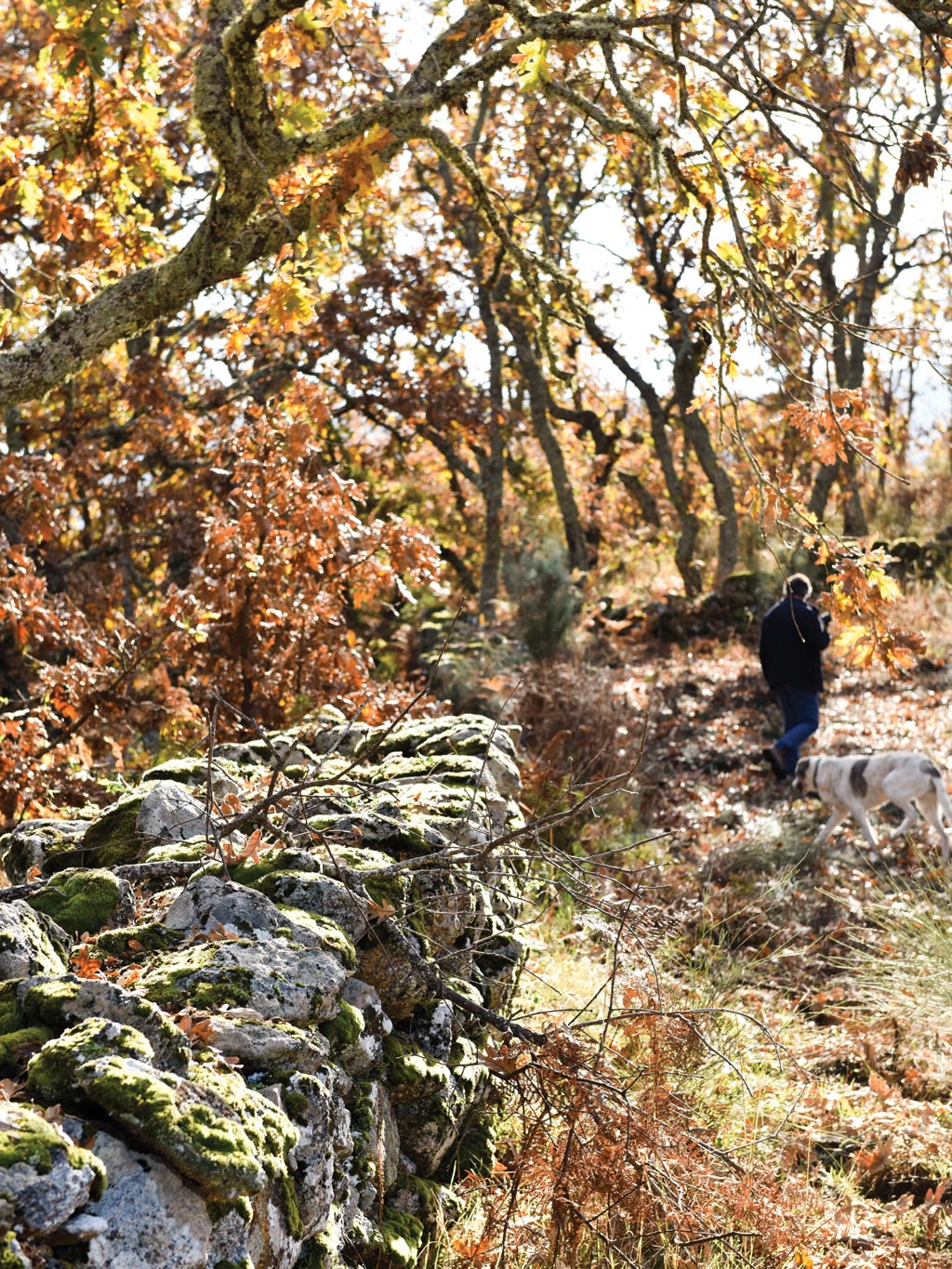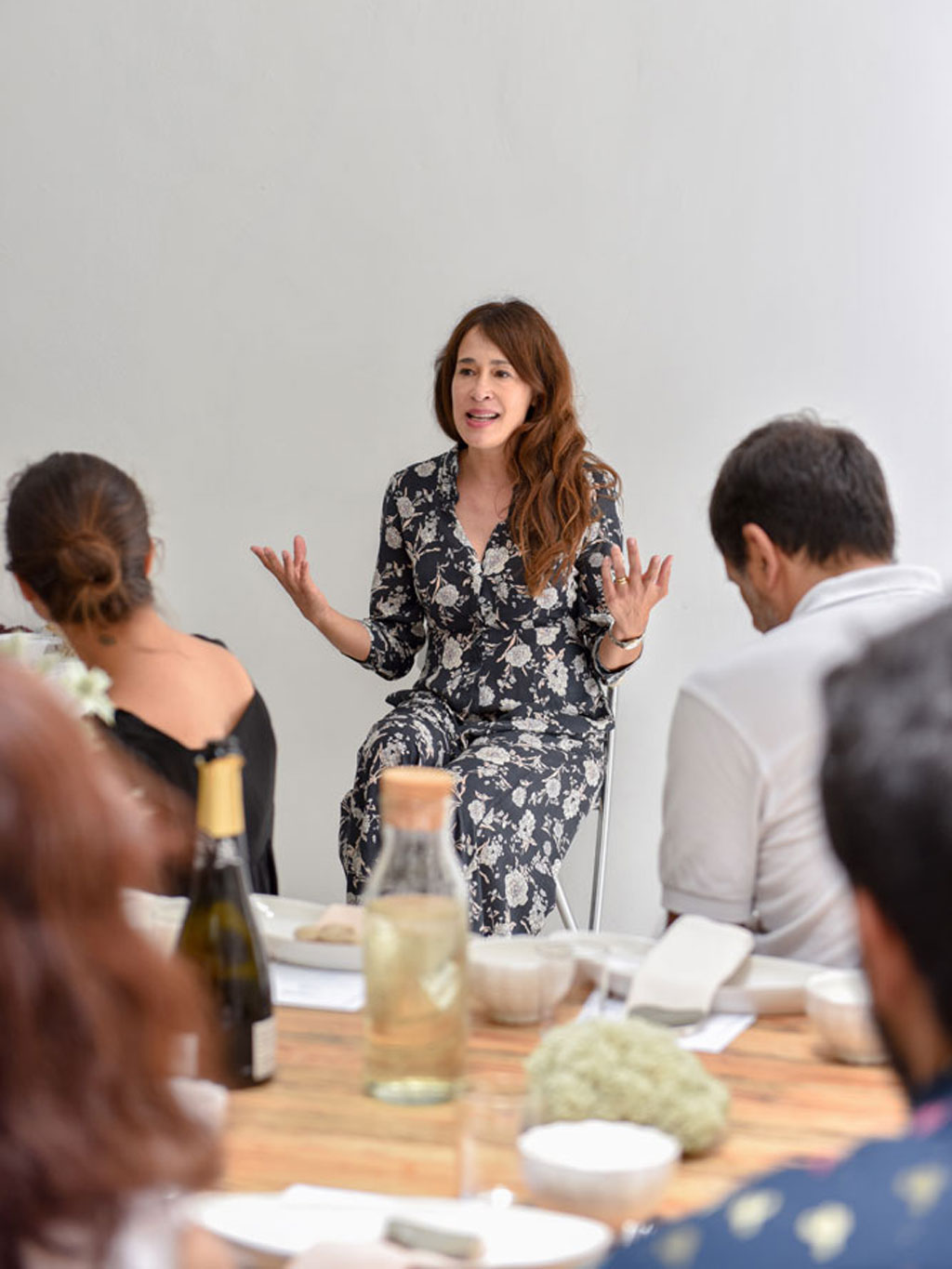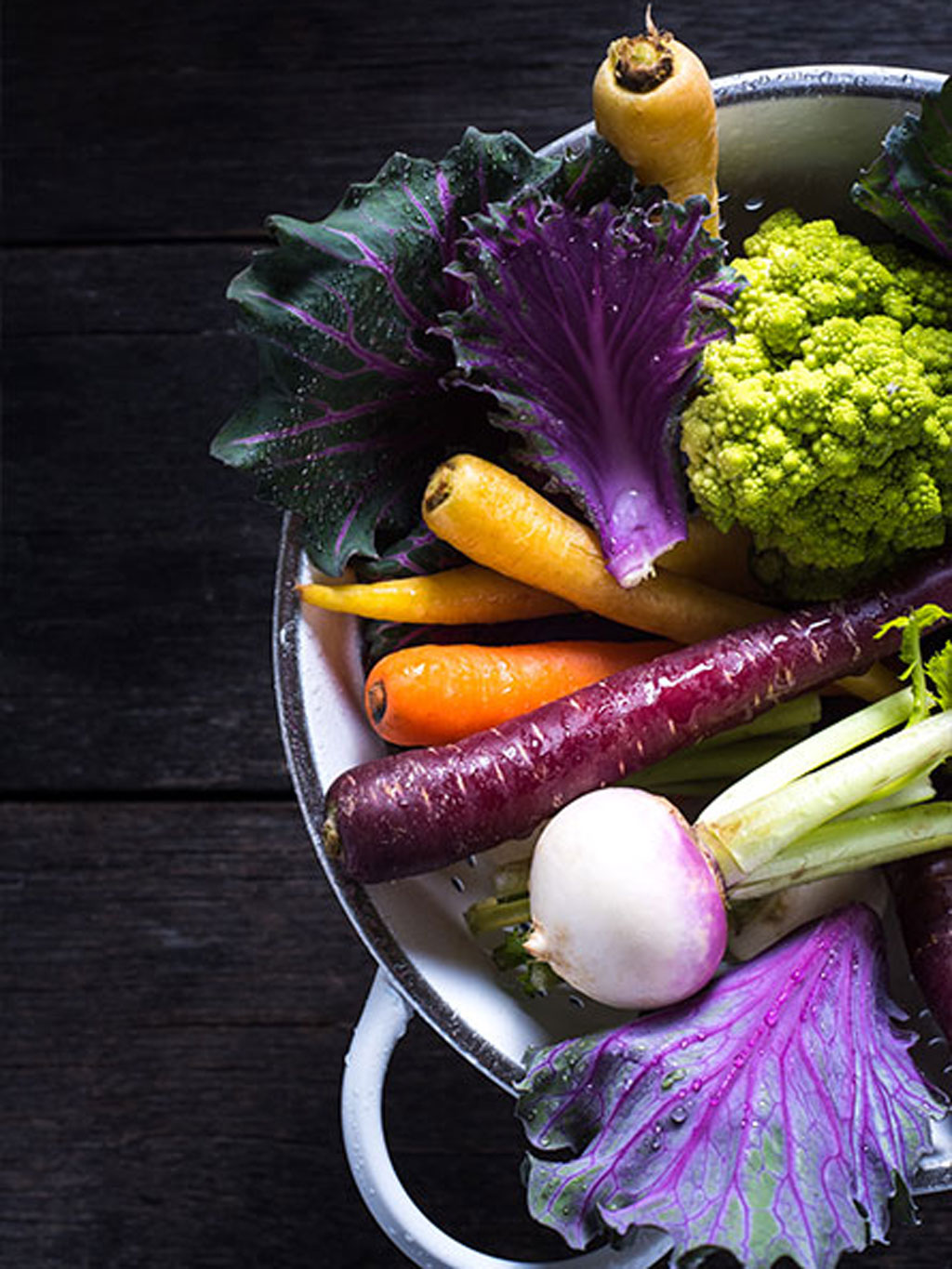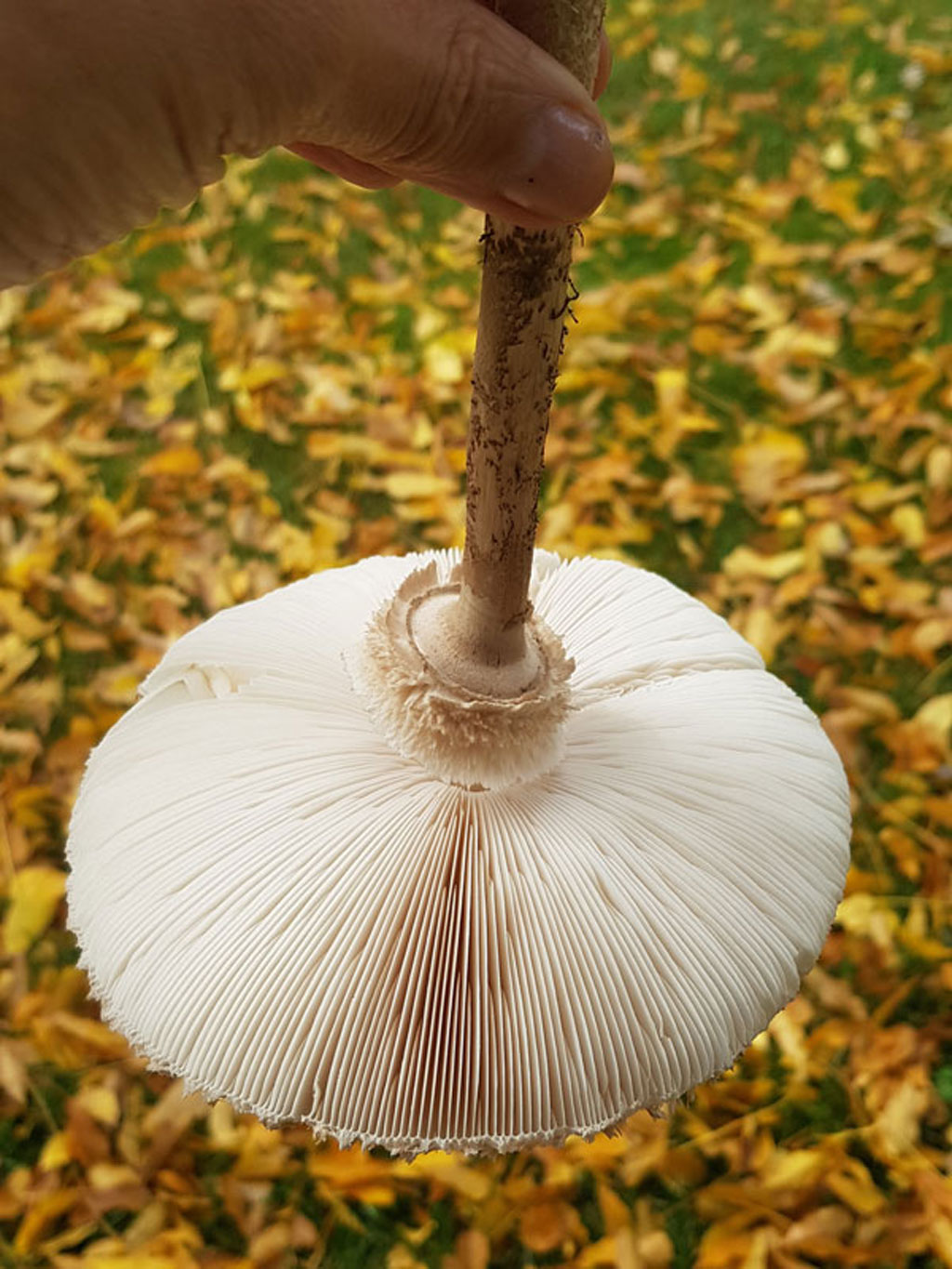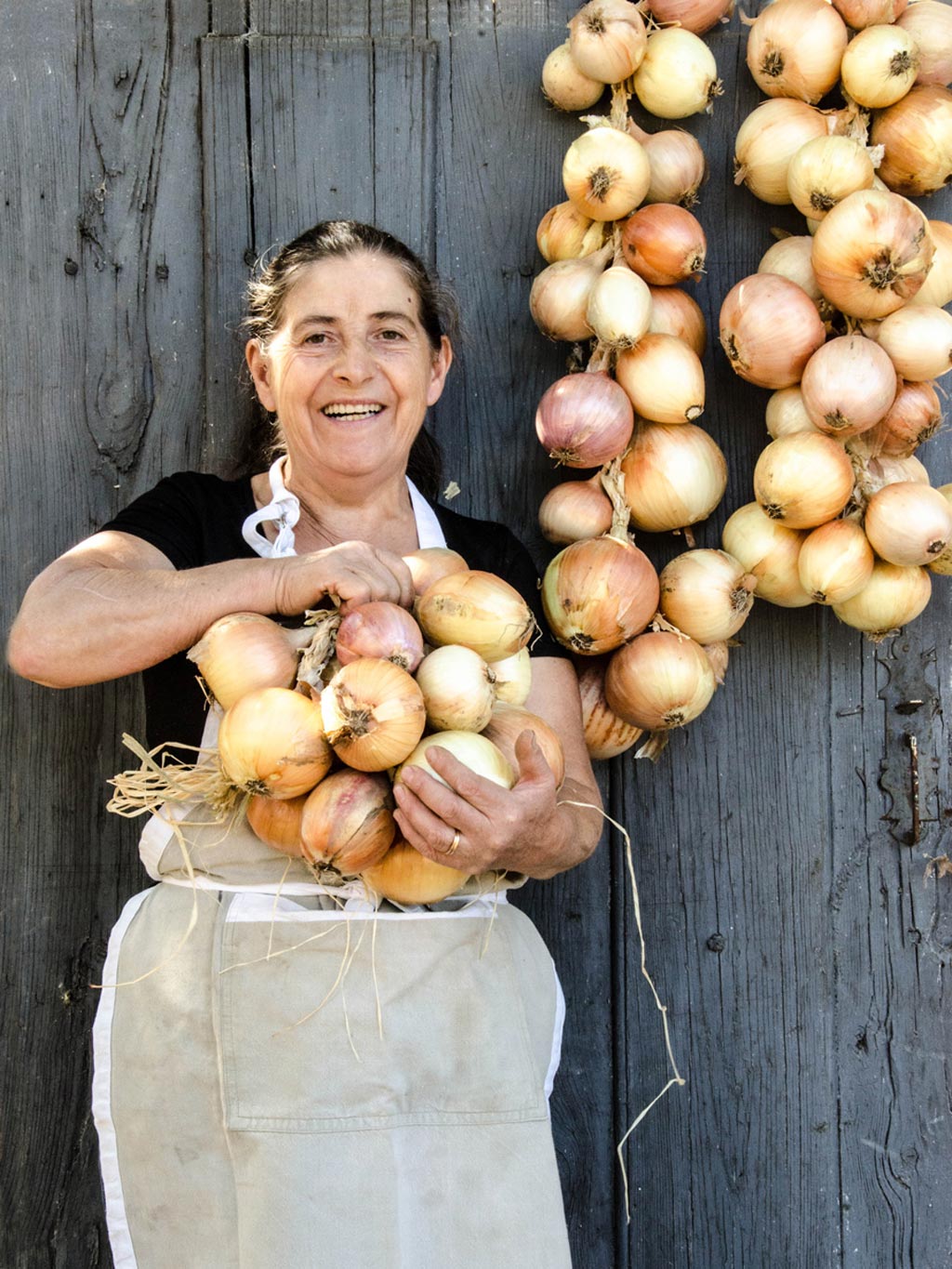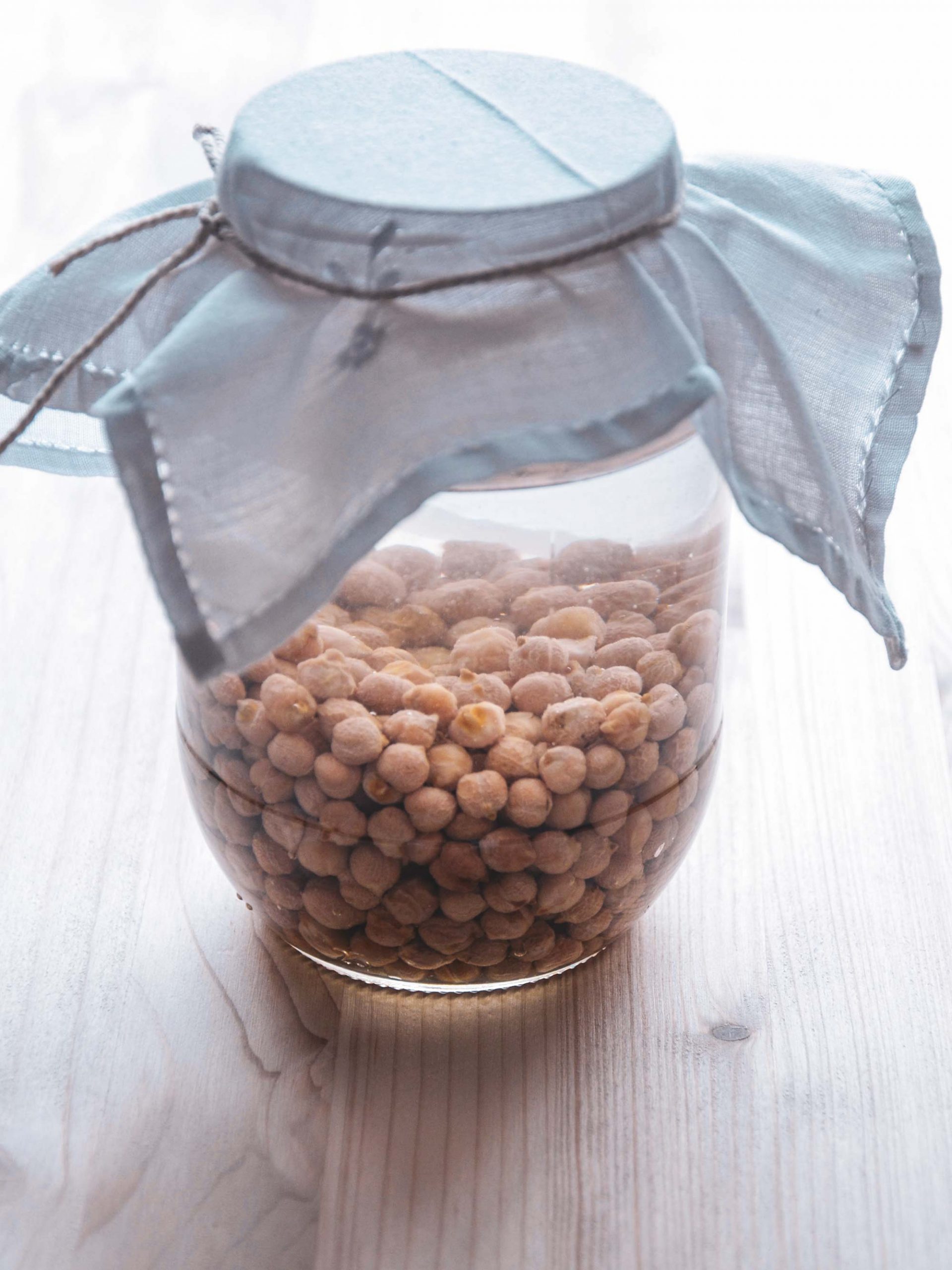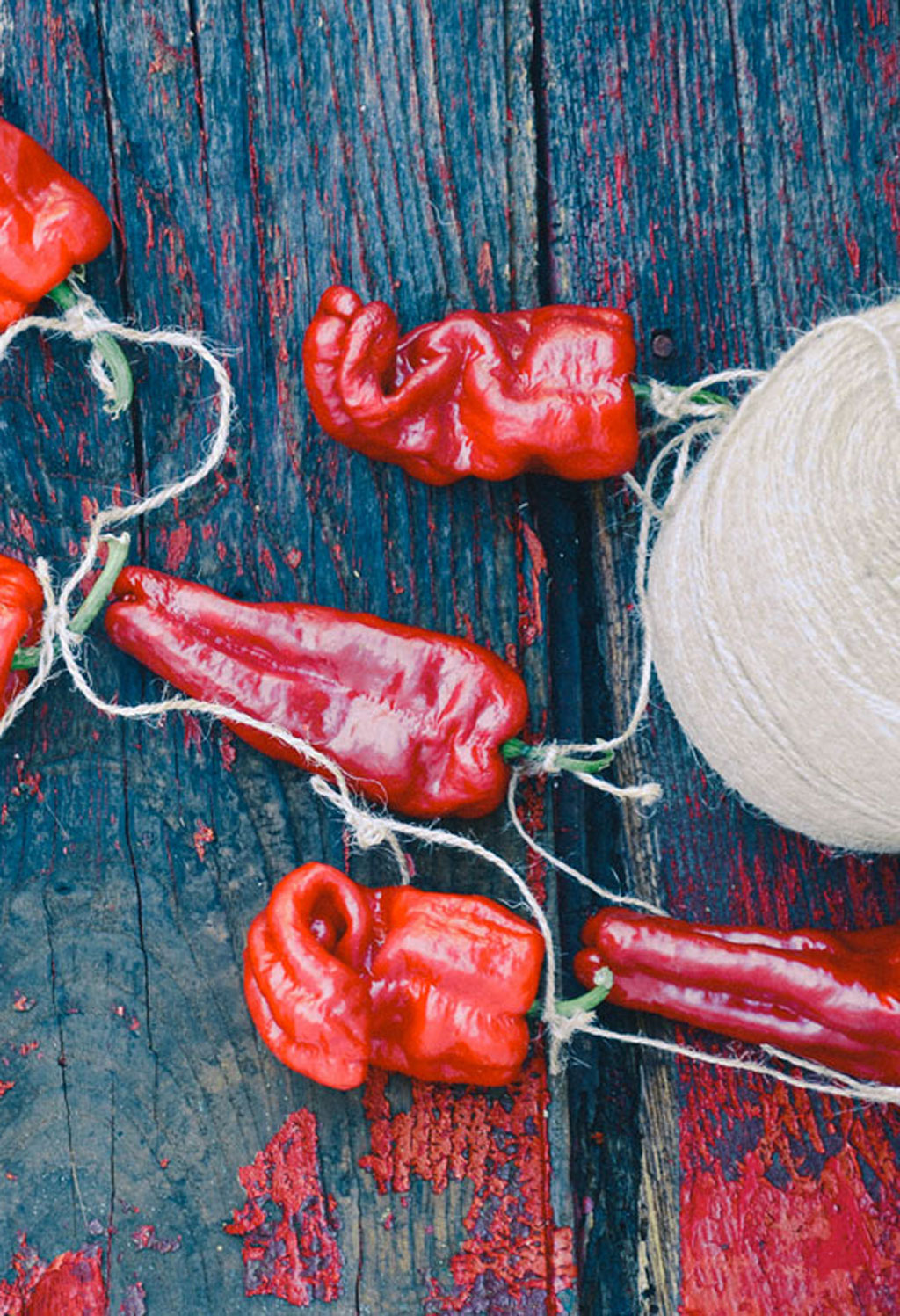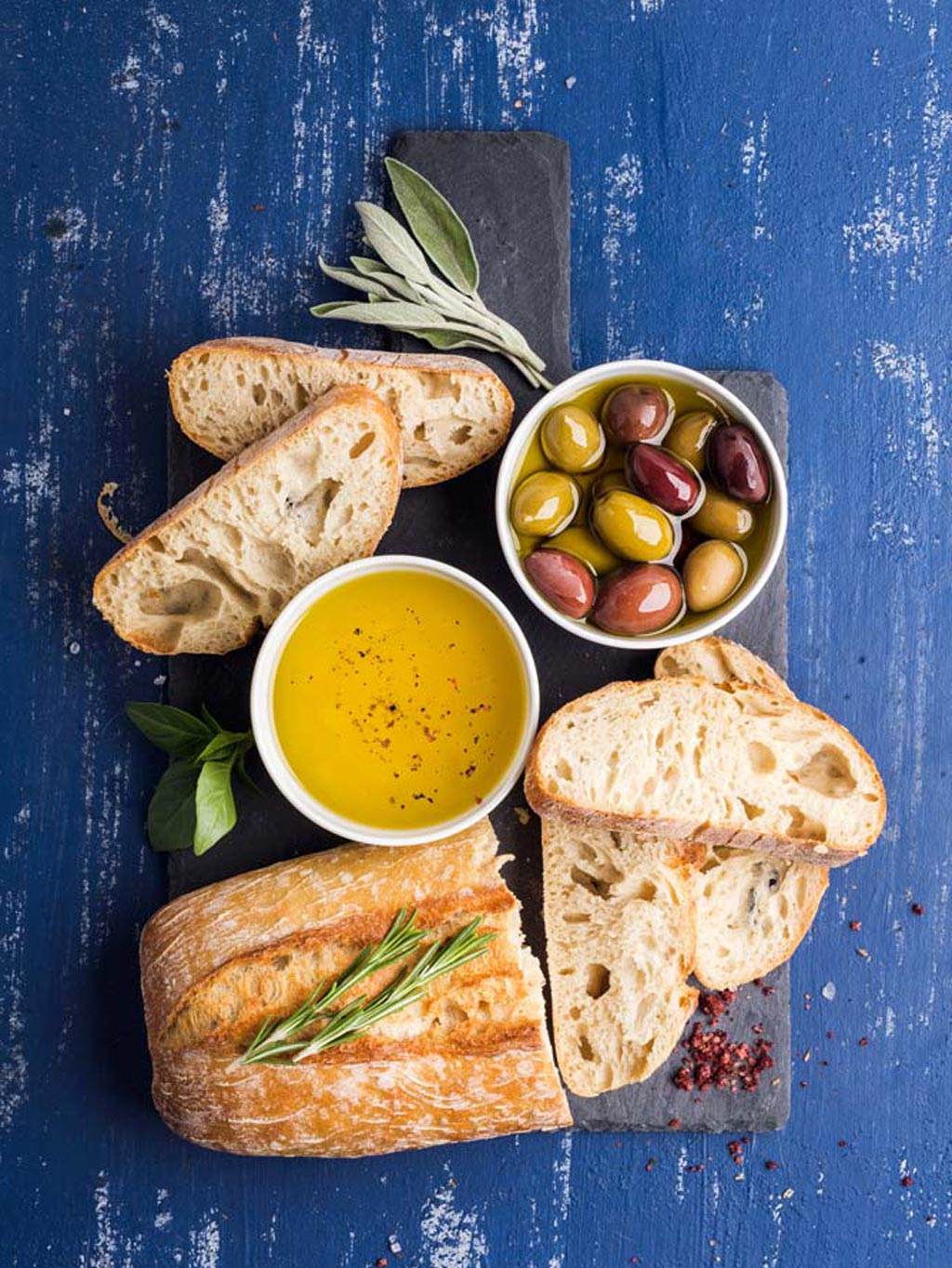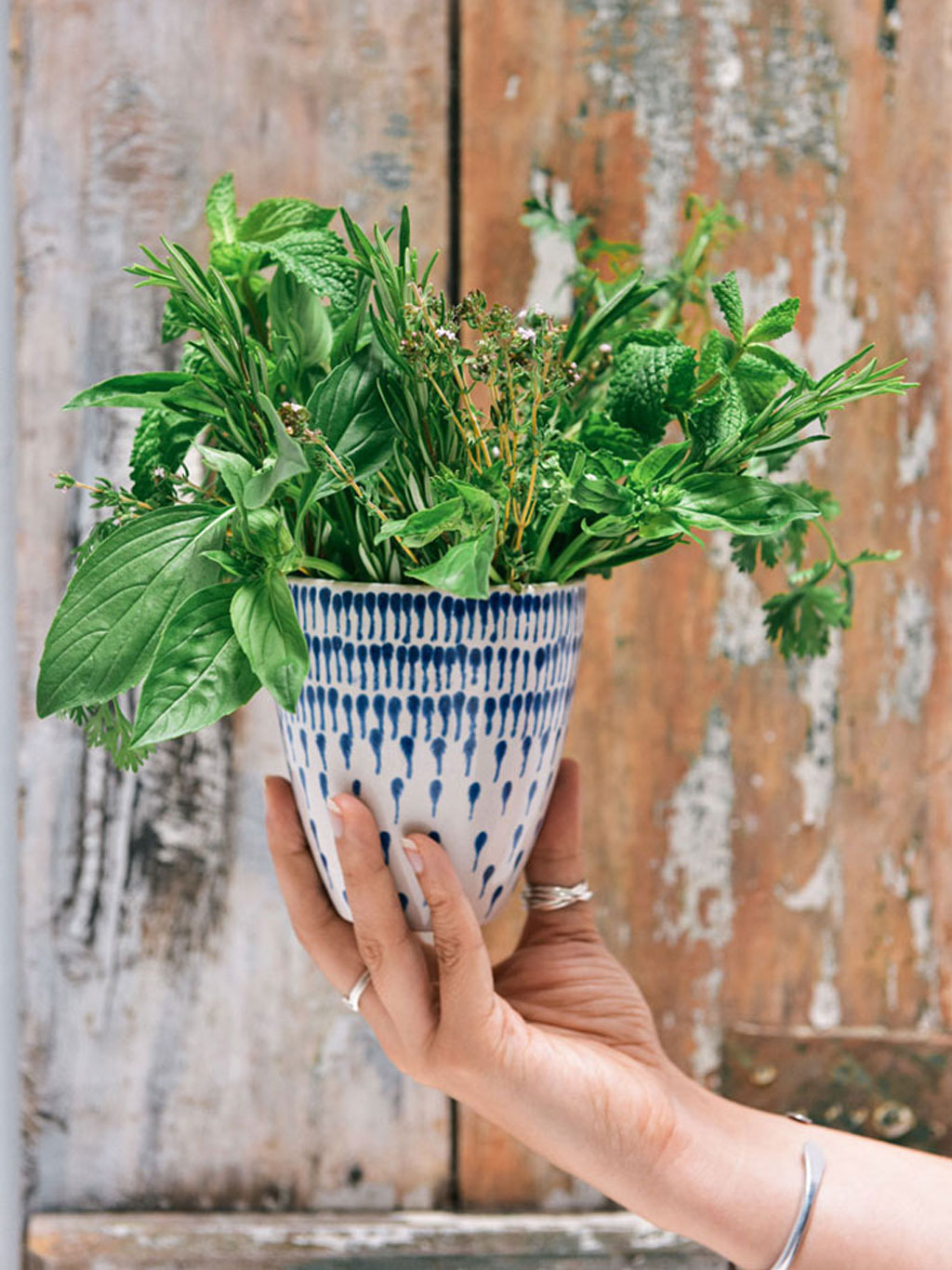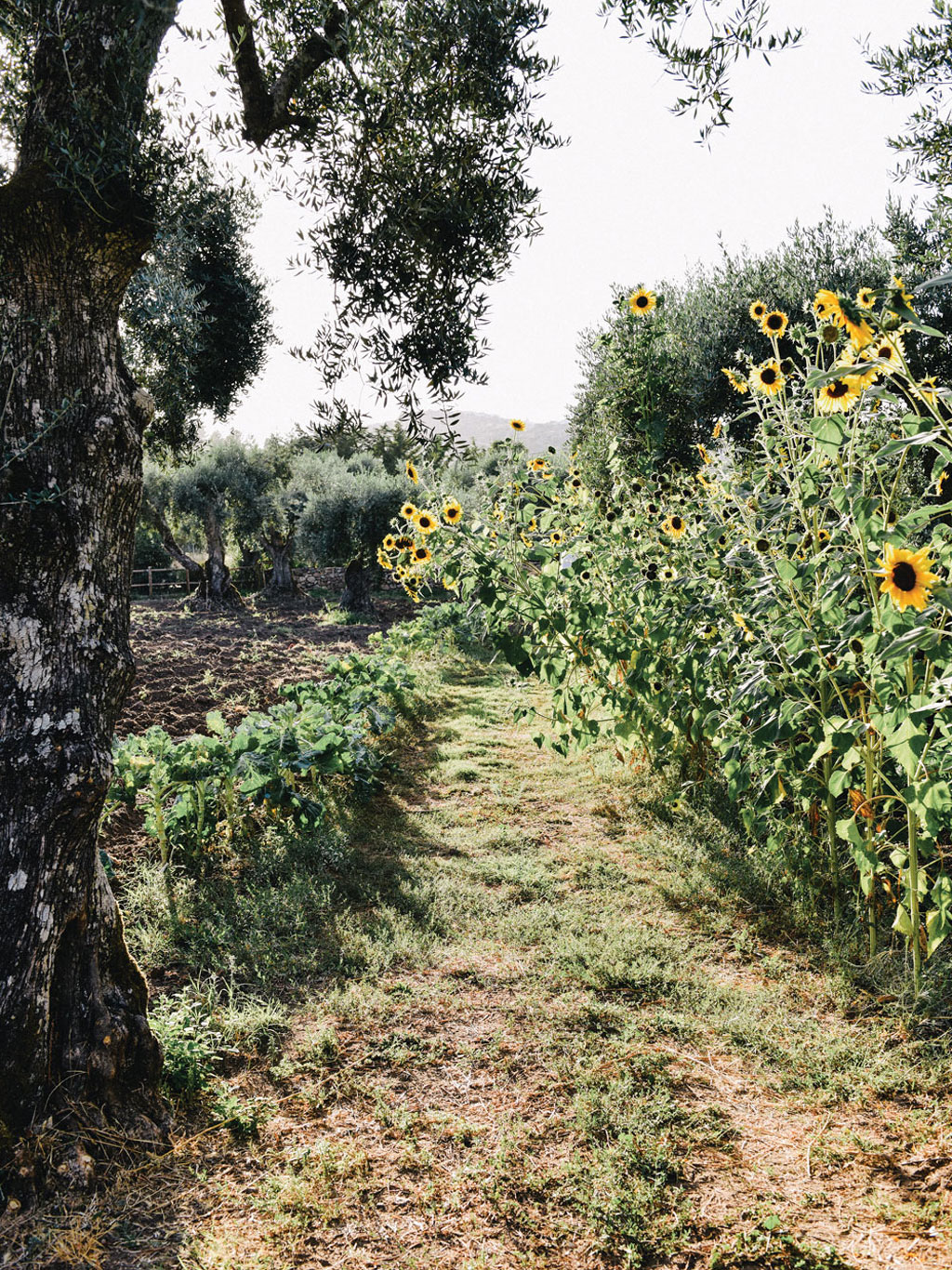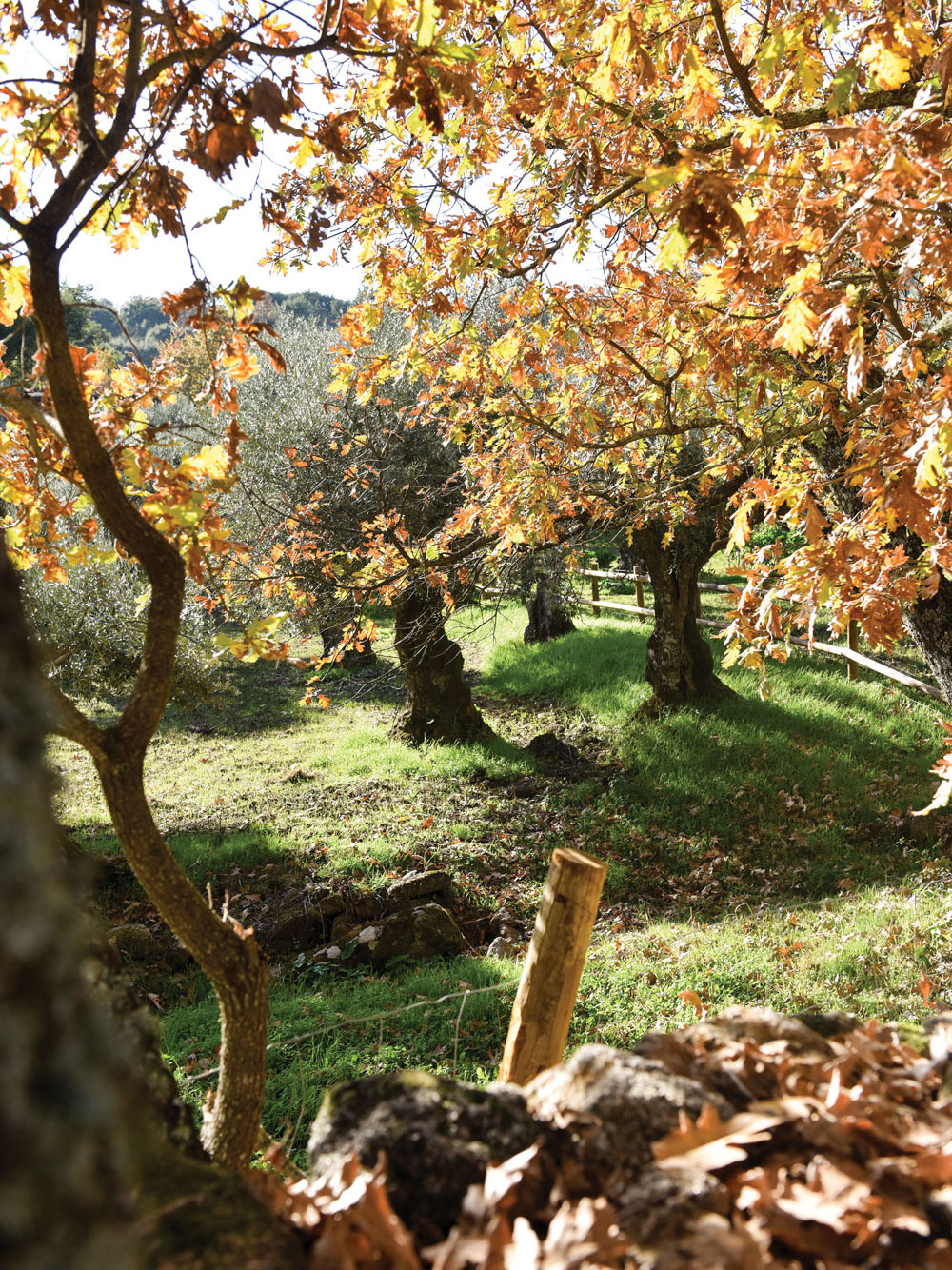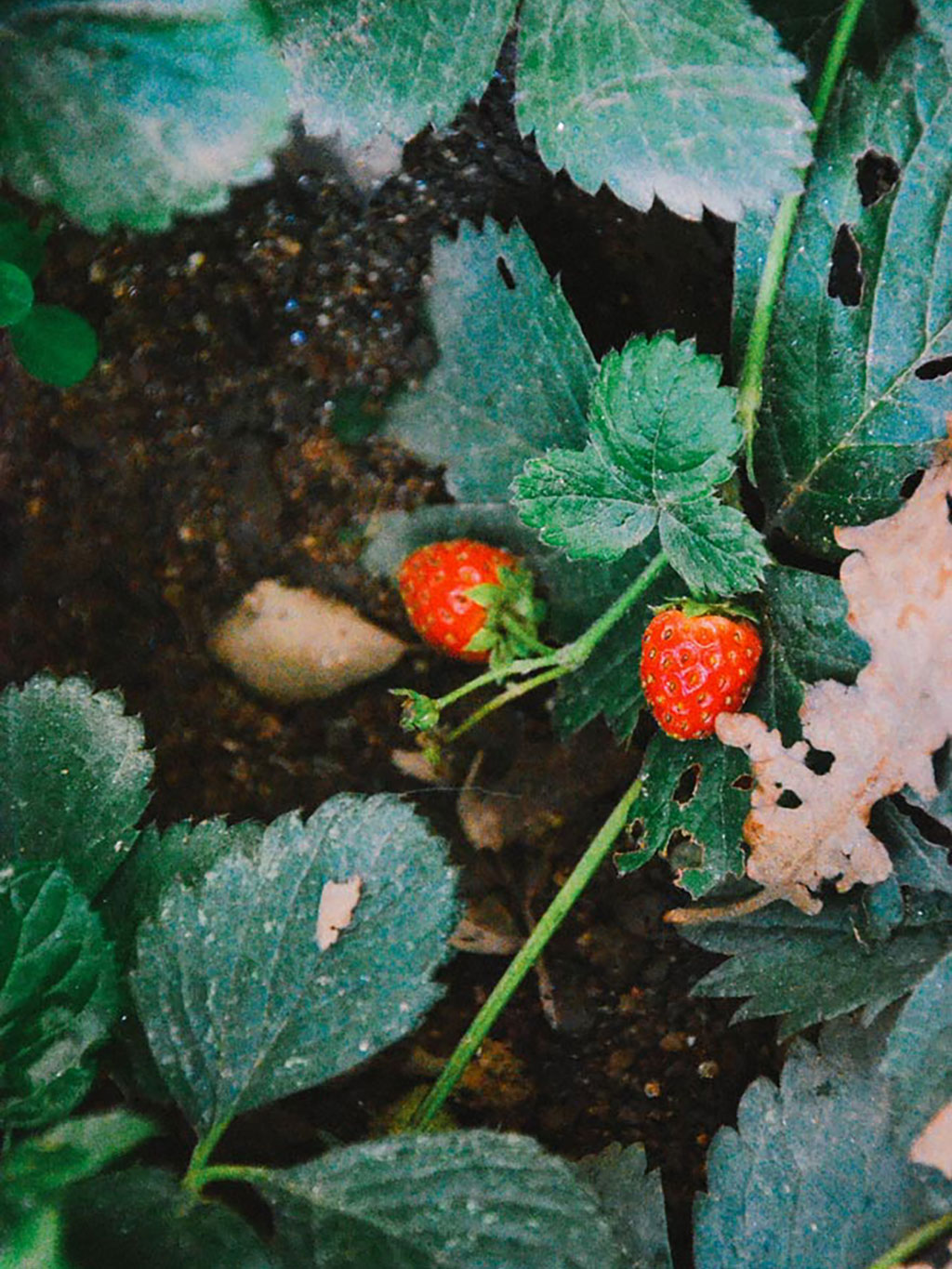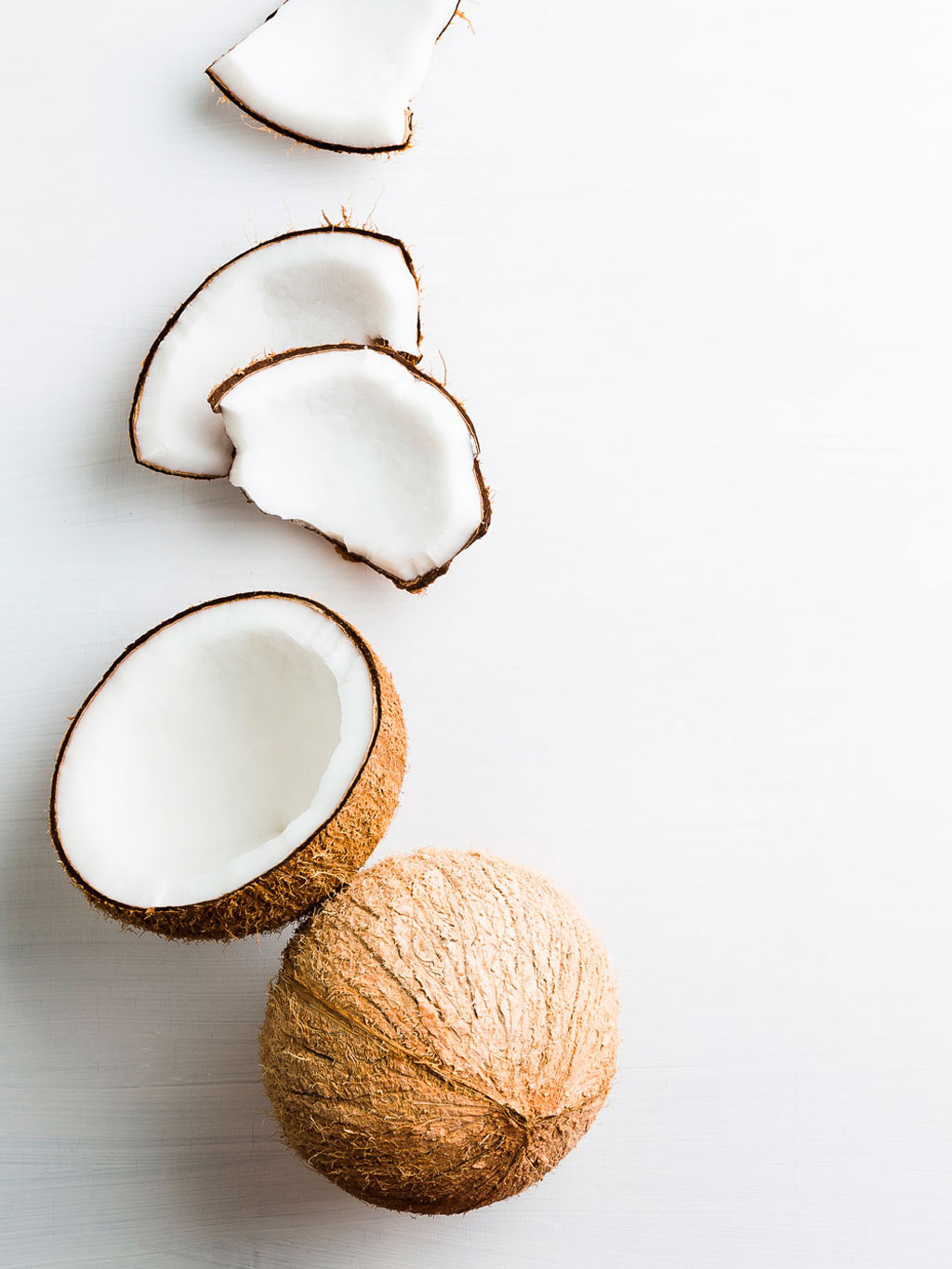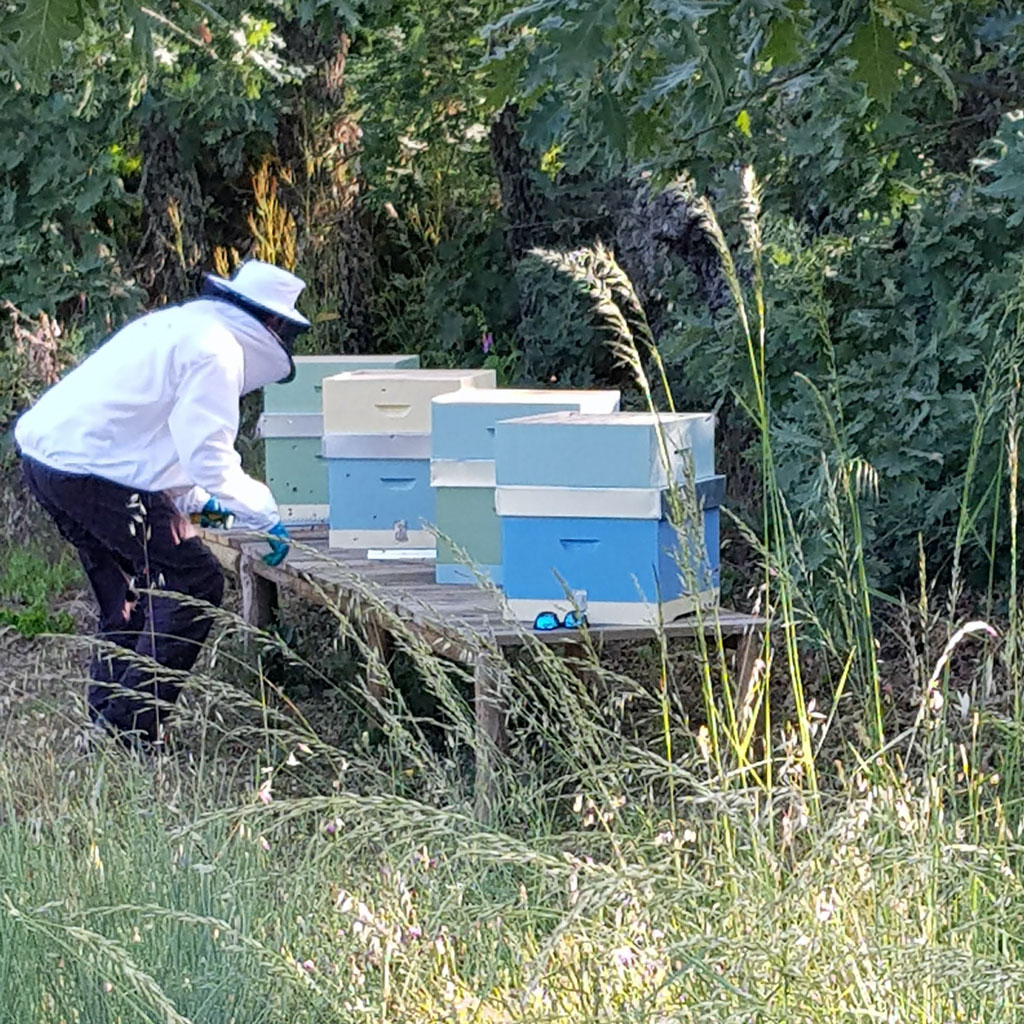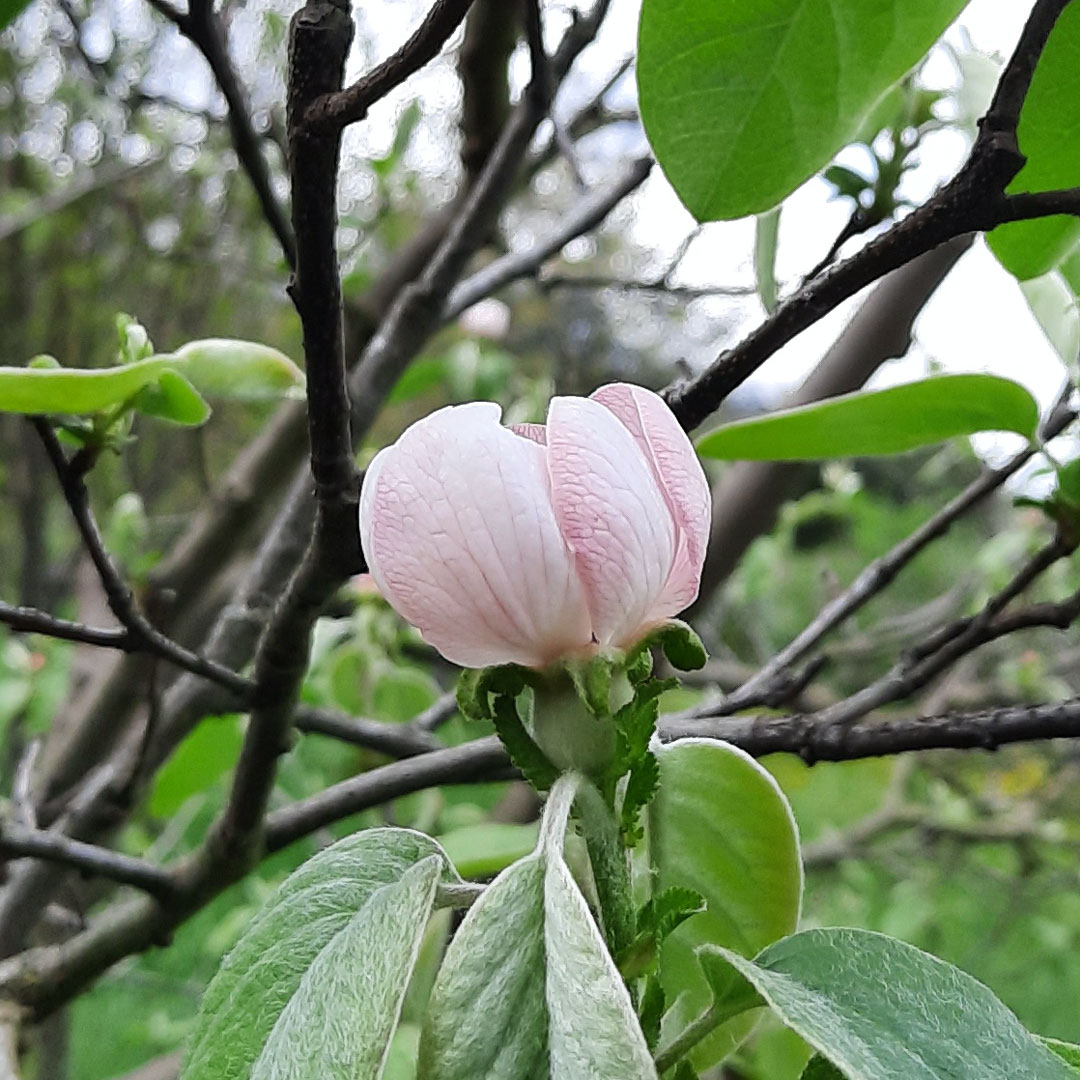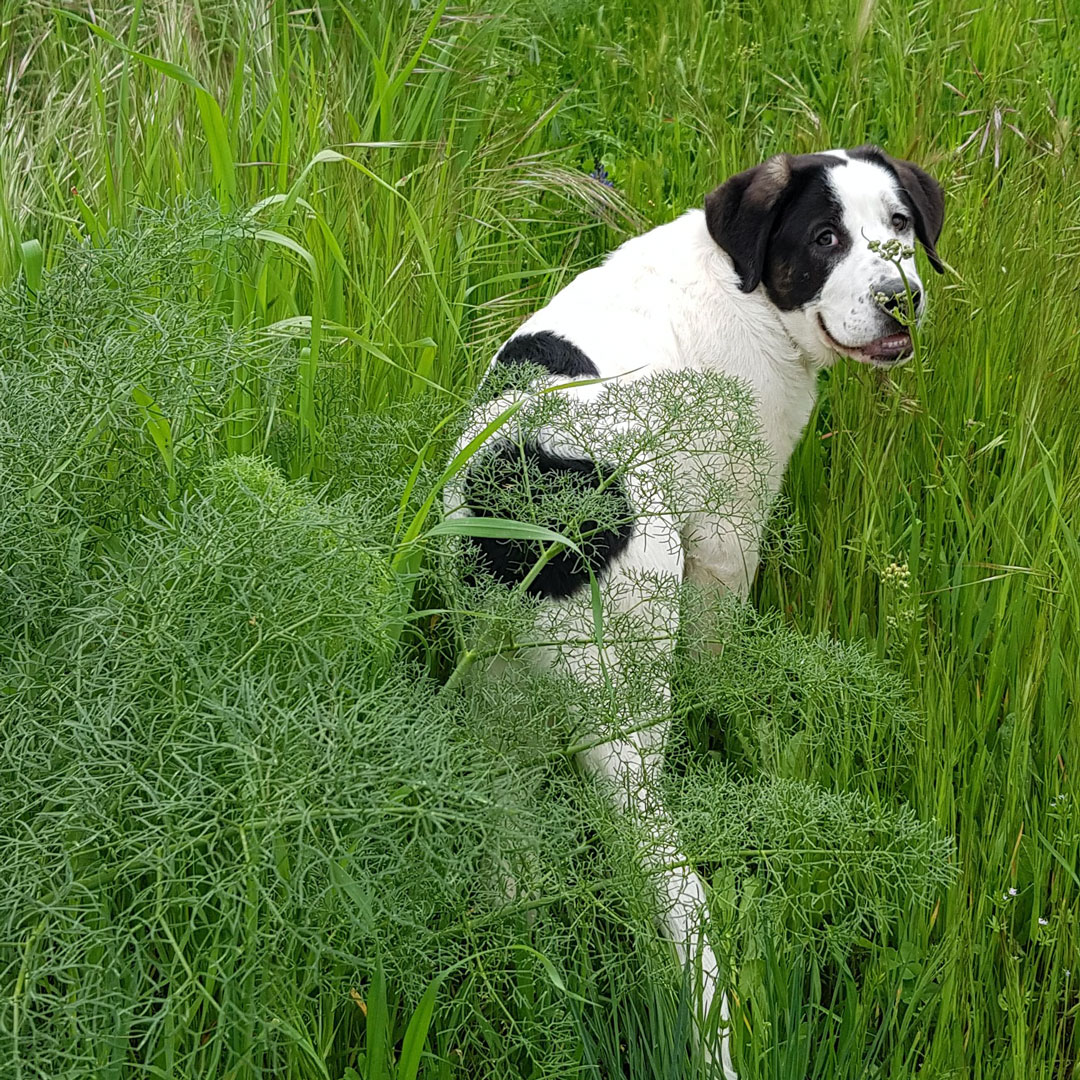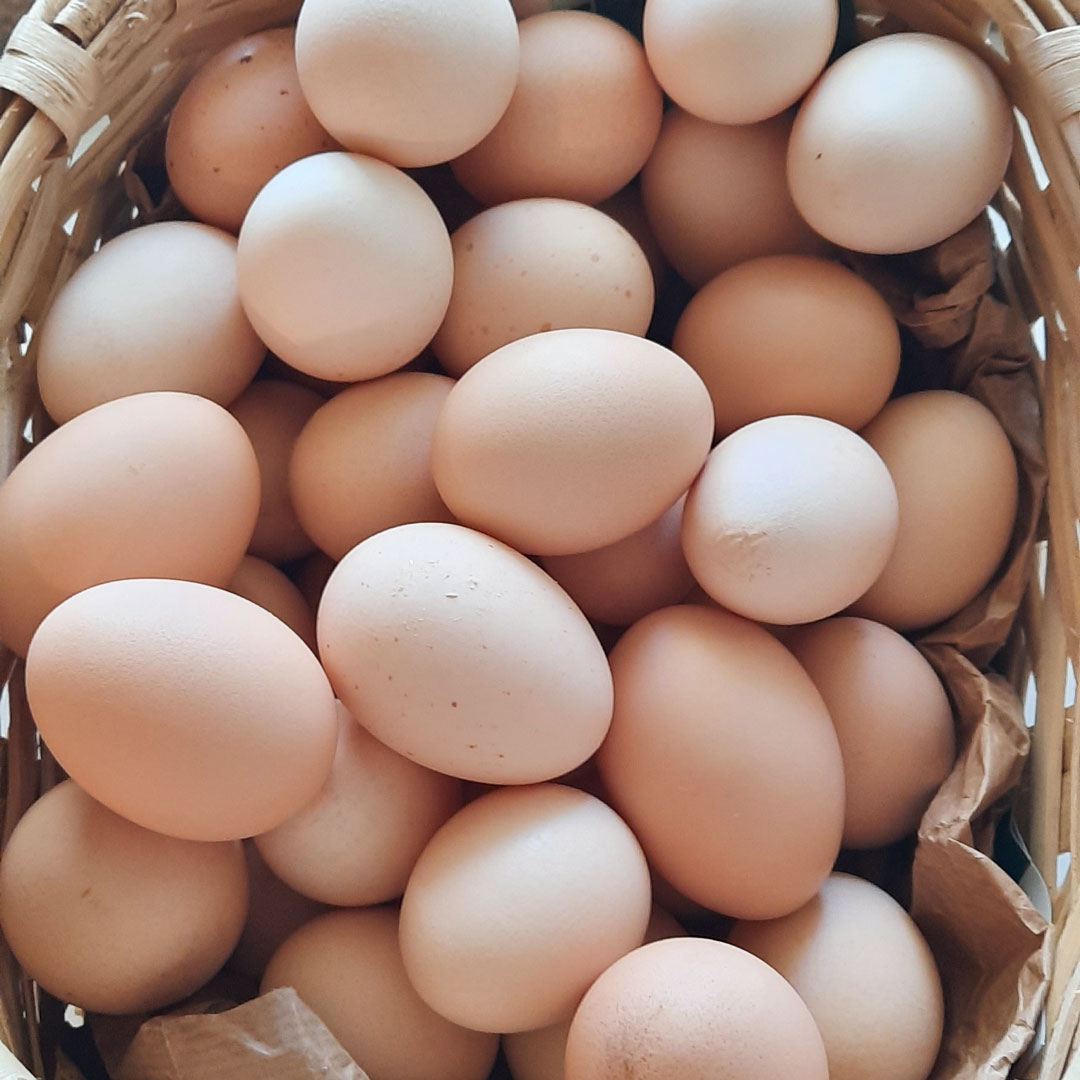Organic – What does this entail?
To be classified as organic a product must be free of chemical substances such as herbicides, pesticides and synthetic fertilizers and certified by one of the eleven official entities. Products may be checked through the official site at DGADR (Direcção-Geral de Agricultura e Desenvolvimento Rural/ Directorate General of Agriculture and Rural Development.)
Certified source
There is really only one major difference; these products have been farmed organically, grown in clean soils, free of pesticides and artificial fertilizers, respecting good agricultural practices and without the use of transgenic seeds. For full proof guarantee, production and marketing are supervised by qualified control entities which carry out tests both on farms and at the selling markets deciding which producers are licensed to sell organic fruit and vegetables.
Who’s authorized to sell organic products?
In order to buy in total confidence make sure you only shop at license holding establishments issued by the Directorate General of Agriculture and Rural Development. Even when buying in bulk, products must carry the corresponding certificate. You should ask for certification if it is not in full view.
How to tell that a given product is organic and certified?
For packaged products, look for the identification logo, the background color may be green, white or black. You should also check that either the acronym of the country of origin for imported goods or the national certifying entity for national products are included on the label. In Portugal, there are 11 certified entities that go from number 1 to 11.
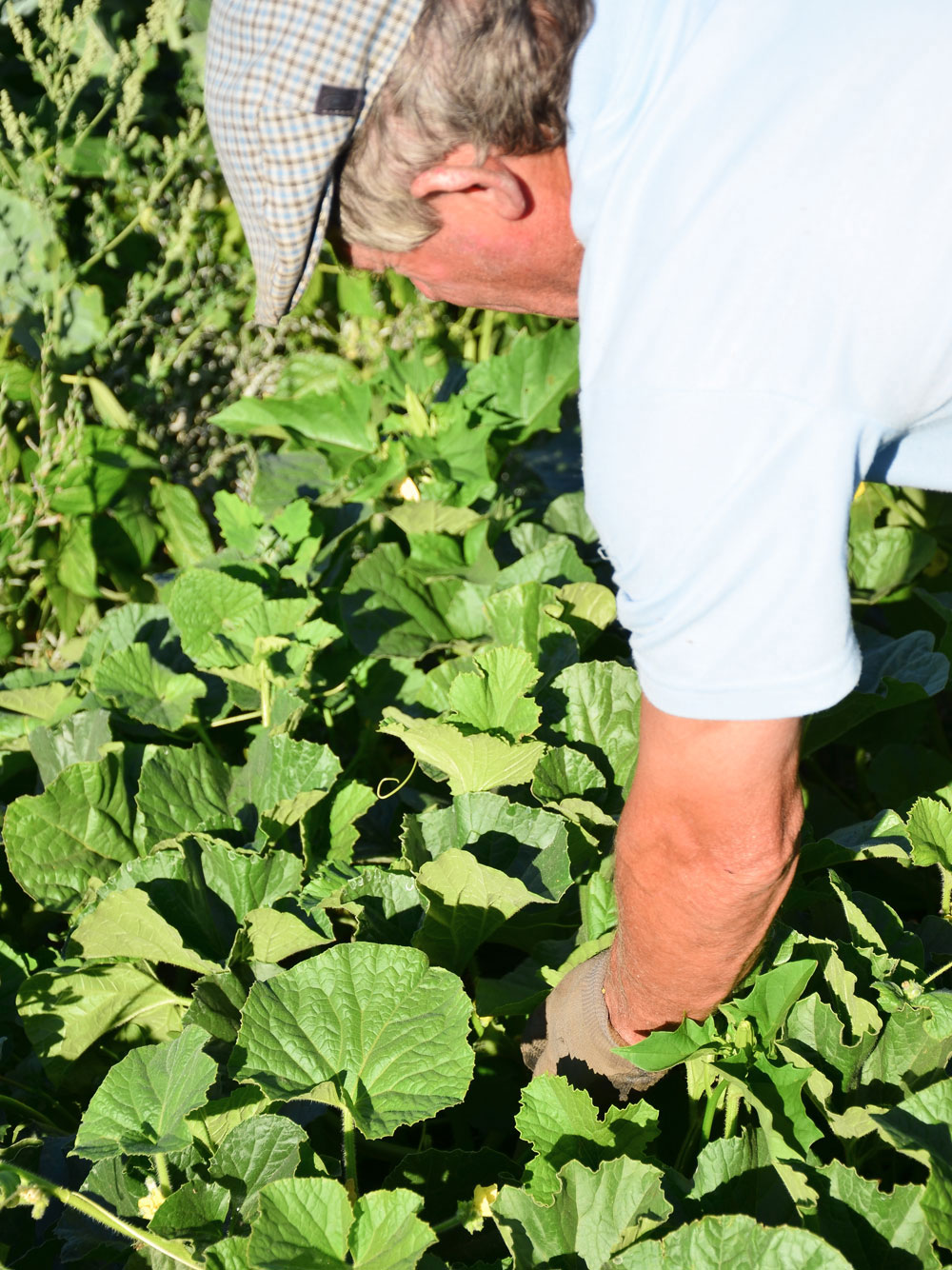
Where to buy
In this day and age food does not escape the commercial interests present in all areas. Not all products are trustworthy but neither is everything said by the media. It is important to choose the right place where to buy organic products or to buy directly from the producer. Consult Agrobio’s markets and points of sale in the Consumer Guide and visit the “Open Day” organized by the Association on the last Thursday of each month.
Where to eat
This is where things get complicated. There are plenty of restaurants that sell themselves as organic yet buy their ingredients at any large supermarket, no different from any other restaurant. It definitely pays to be an informed customer and if you are paying for organic food it is advisable to check that this is what you are getting.
In Portugal, restaurant certification is issued by one of the eleven certifying entities – http://www.certibionet.org. Certification must be in a visible place and it may have different levels of classification depending on whether the restaurant uses all or only some organic products in the confection of its dishes. (Please note that certification symbols differ from those used for product certification.)
Unfortunately, there are almost no organic restaurants in Portugal. In the Greater Lisbon area, there is only one. However, we can count our lucky stars for it has the maximum possible classification and the visitor has the guarantee that everything here is organic. It is called “The Crú” and is in Oeiras.


